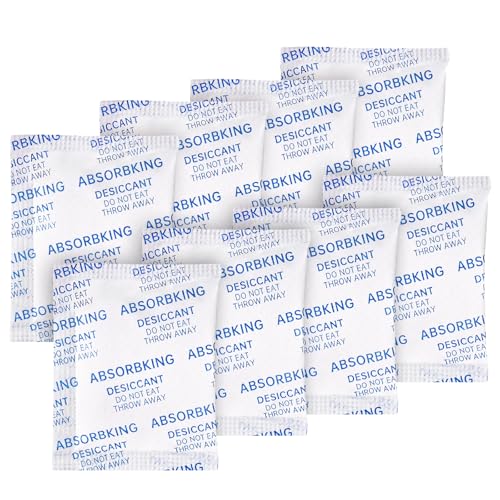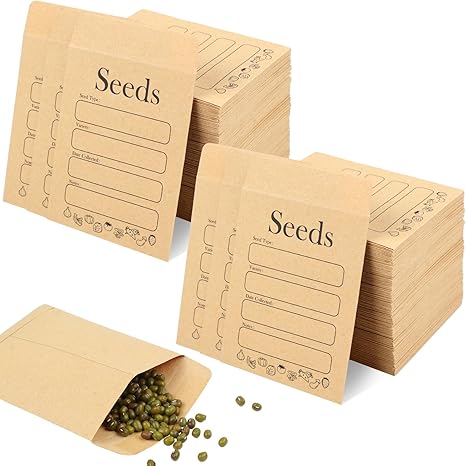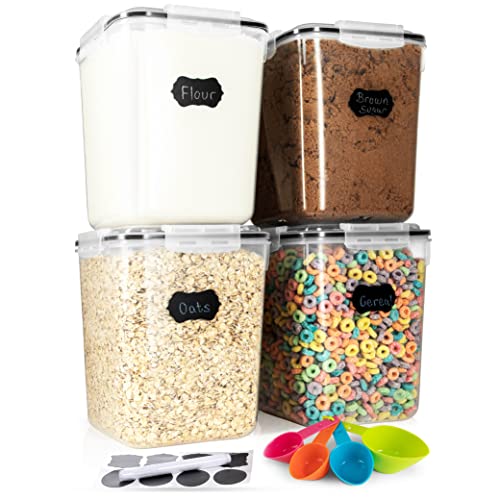How long can you store seeds for? Experts reveal how to keep seeds safe in storage for longer
Though it's tempting to keep a backlog of seeds, storing them away for too long can impact germination
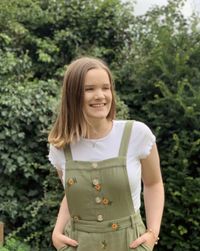
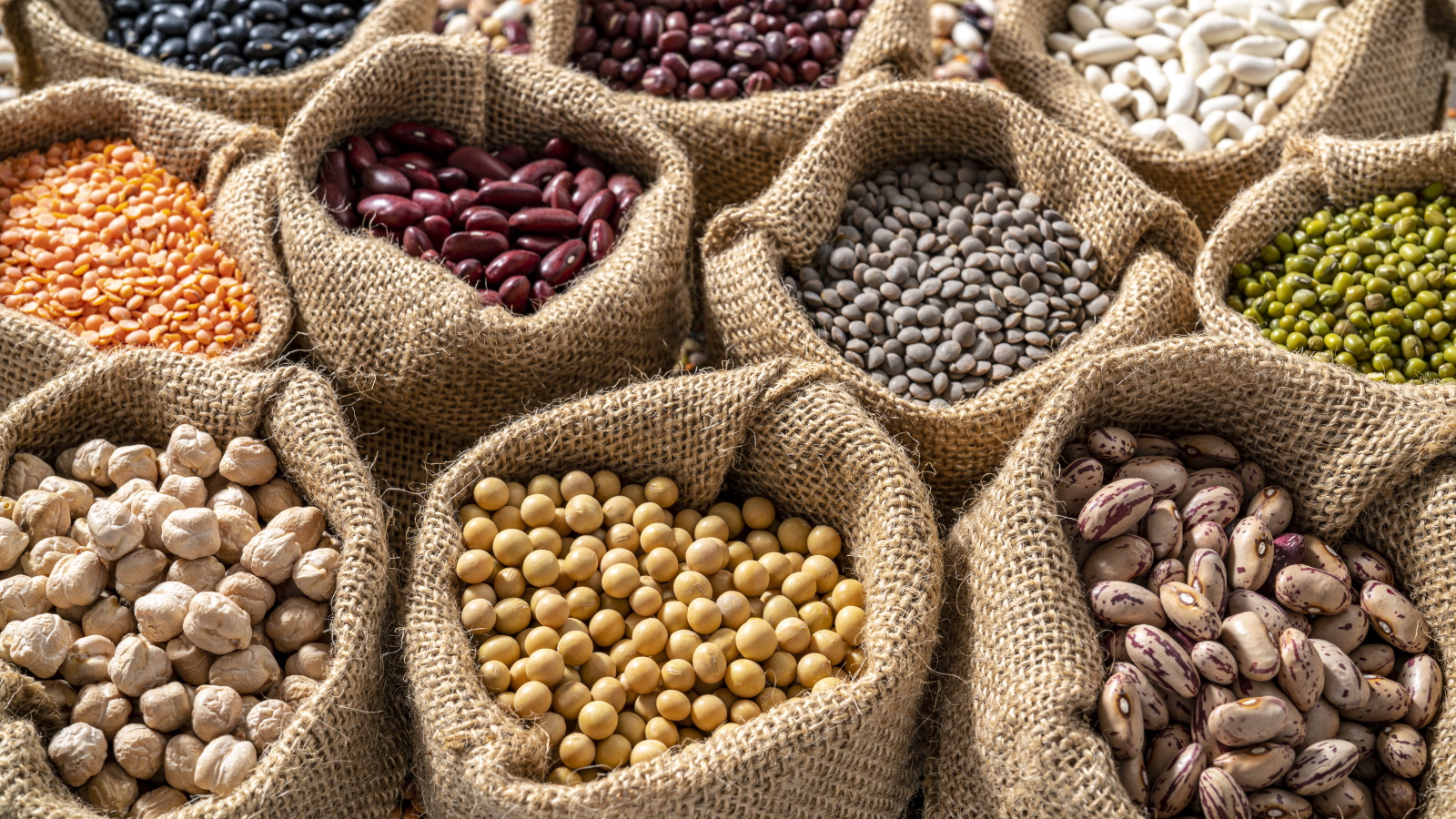
Design expertise in your inbox – from inspiring decorating ideas and beautiful celebrity homes to practical gardening advice and shopping round-ups.
You are now subscribed
Your newsletter sign-up was successful
Want to add more newsletters?

Twice a week
Homes&Gardens
The ultimate interior design resource from the world's leading experts - discover inspiring decorating ideas, color scheming know-how, garden inspiration and shopping expertise.

Once a week
In The Loop from Next In Design
Members of the Next in Design Circle will receive In the Loop, our weekly email filled with trade news, names to know and spotlight moments. Together we’re building a brighter design future.

Twice a week
Cucina
Whether you’re passionate about hosting exquisite dinners, experimenting with culinary trends, or perfecting your kitchen's design with timeless elegance and innovative functionality, this newsletter is here to inspire
We've all been there - putting something away in storage, forgetting all about it and then having the joy of finding it again months or even years later. And seeds are no different. It can be easy to put them away to use in the next season and then forget to do so when the time comes. However, you might not want to rush to jump with joy when you do rediscover seeds that have been stored away for years on end because they don't keep their quality forever.
If you regularly collect seeds from your yard you might have already have got to grips with how to store seeds properly, but knowing just how long you can keep your seeds stored away before their viability reduces is also important.
While it's a tempting idea to have a huge stock of seeds to use for multiple seasons, the issue lies in the fact that the ability for those seeds to germinate will decrease over time. Therefore, keeping seed stored away past their 'use-by date' can be risky gardening business.
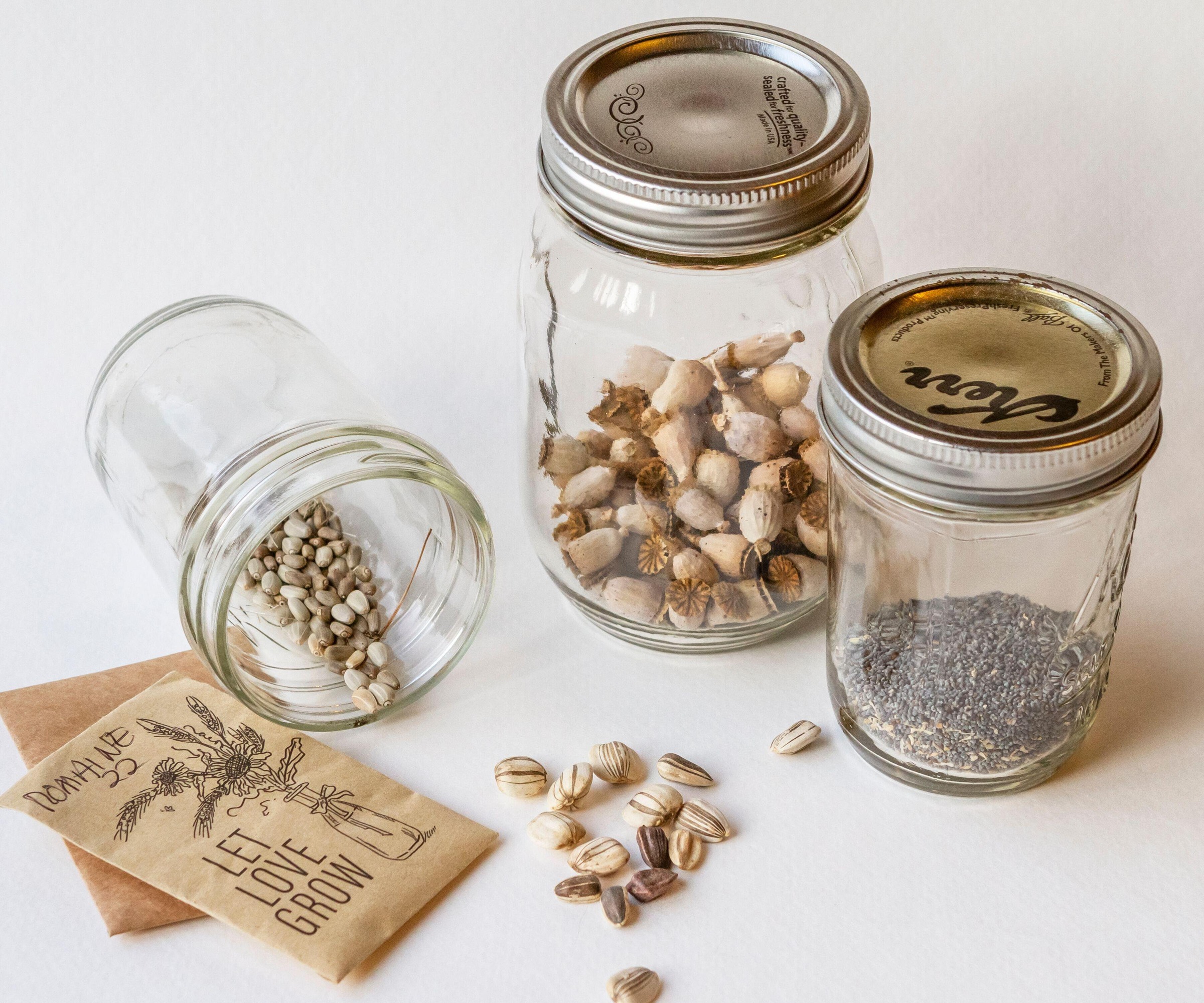
Discover how long you can store seeds
Just as food we buy from stores come with an expiration date, it's wise to treat your seeds the same. But how do you know how long you can keep your seeds stored for? And how can you prolong this period if you wish to store them a little bit longer? Well, I've spoken to garden experts to find out more about how long to store seeds for and they shared their expertise and tips.
How long can you store seeds for?
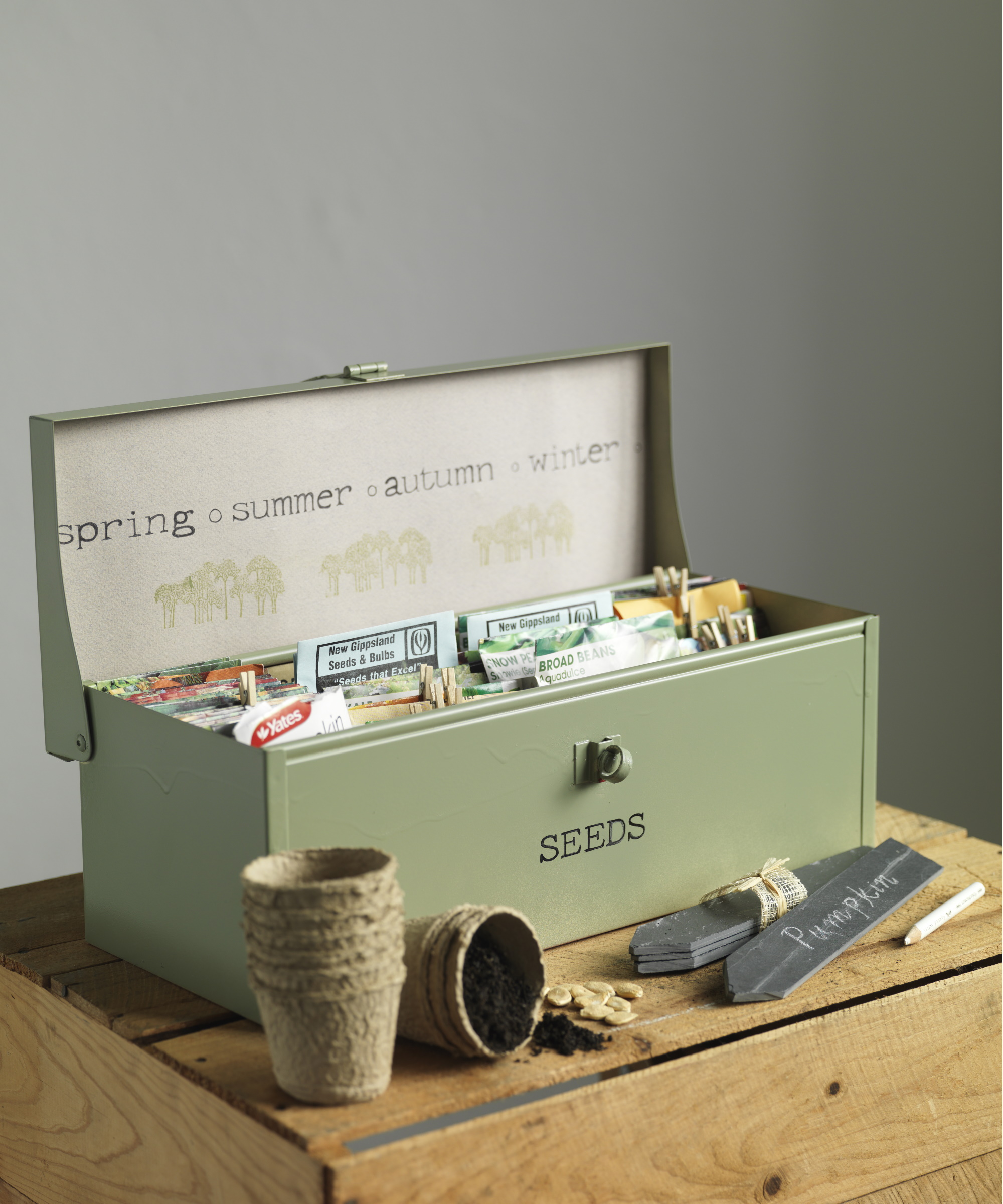
While the rate at which the viability of a seed reduces varies from plant to plant, a general rule is that you should aim to use seeds within a year of collection - that is, if you want them to maintain their highest quality for the next sowing season.
'Vegetable and flower seeds are able to be kept for up to one year without a noticeable decrease in germination,' notes garden expert, landscaper and founder of Yardwork, Michael Clarke.
However, this doesn't mean your seeds are unusable past one year of storage and that you won't be able to germinate your seeds successfully. In reality, it is likely that the majority of seeds will still be OK to plant after a handful of years of proper storage.
Design expertise in your inbox – from inspiring decorating ideas and beautiful celebrity homes to practical gardening advice and shopping round-ups.
'Most seeds can last more than a year if they are stored in a cool, dark place,' says Donna Letier, plant expert and CEO of Gardenuity. 'A good rule to note is that herbs have a general shelf life of 1-3 years, vegetables 3-5 years and flowers 2-5 years.'
Seeds that have been stored for too long will show signs of deteriorating quality. 'If seeds are kept too long, they will gradually lose viability (or their ability to germinate),' says Amy Enfield senior horticulturist at ScottsMiracle-Gro. 'Over time, seeds lose moisture and stored nutrients that are needed to germinate.'
Nevertheless, Amy notes that it is possible for older seeds to germinate but the rate and vigor at which they do will be reduced - whether you choose to sow seeds outdoors or sow seeds indoors.
'If you have older seeds, you can do a home germination test by placing a few seeds between damp paper towels. If 80% sprout within a week, the seed packet is still good to go,' suggests Donna.

Michael Clarke is the founder of Yardwork and Pulled, the online platforms for everything home and garden. He has a degree in landscape architecture and horticulture from the University of California Davis. He was previously the founder of a landscape development and maintenance company.
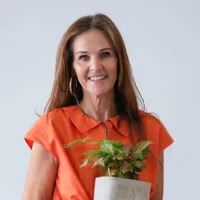
Donna Letier is the CEO and co-founder of Gardenuity, a company merging gardening with the wellness sector through personalized container gardens and gardening experiences.
How to store seeds for longer
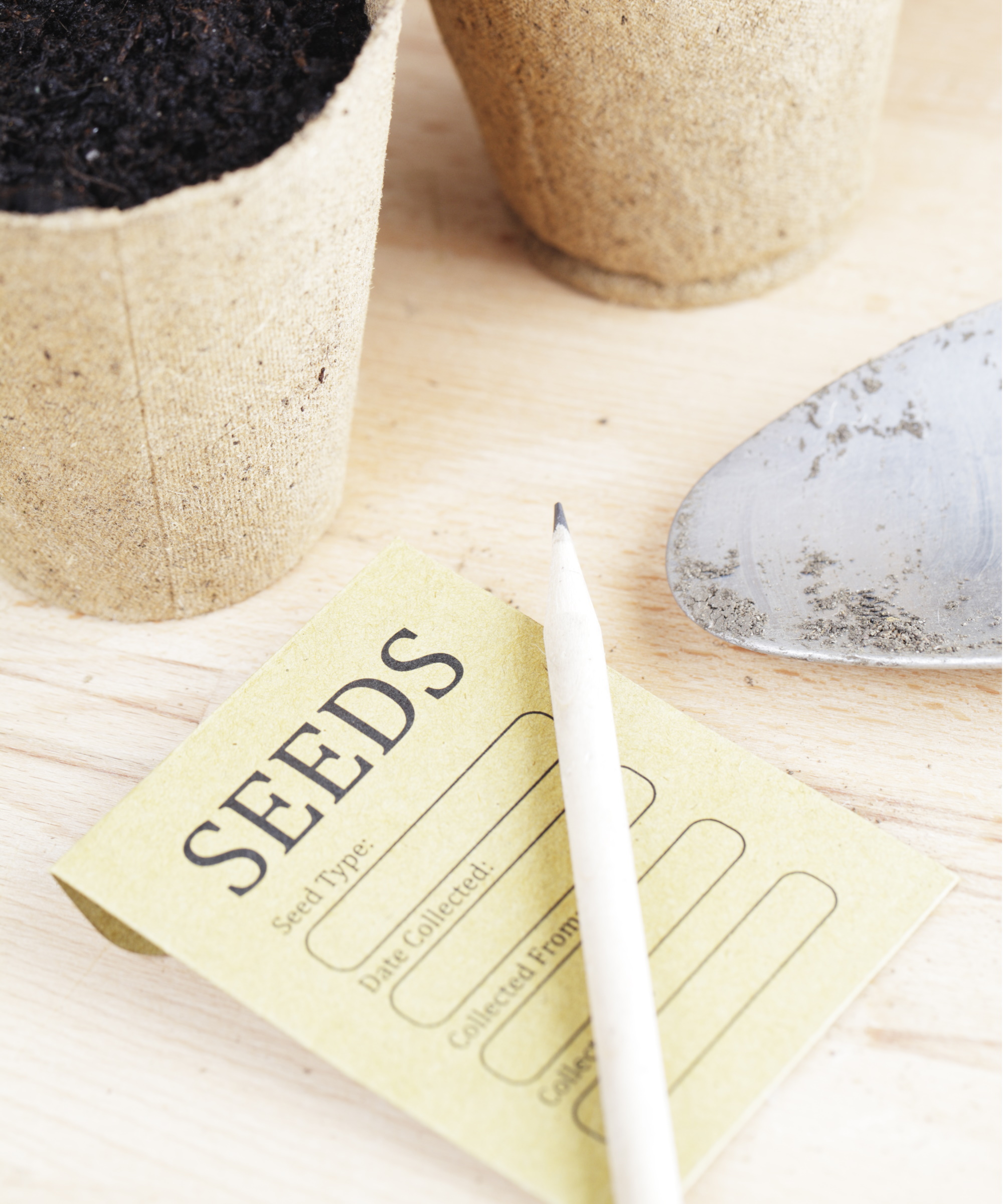
While it's recommended to use seeds sooner rather than later to ensure they stay viable, experts say that it is actually possible to extend the storage life of your seeds. It just comes down to understanding the proper conditions required for safe seed storage and avoiding seed storage mistakes.
'With the right storage conditions, you can save most seeds for several years. The exact storage time will vary with the seeds you’re trying to store and the storage conditions you provide,' notes Amy.
Whether you're hoping to store seeds you've ordered or have harvested tomato seeds, saved watermelon seeds or have collected seeds for free that you want to hold onto for multiple years, you need to get the seed storage conditions right.
'Keep seeds in their original packaging. The original seed packet has all the crucial information needed for that variety (name, days to maturity, when to plant, how far to space etc.),' suggest Amy. 'If you can’t keep the seed in their original packaging, place them in a small envelope that has the plant and variety name and date of purchase at a minimum written on it.'
You can also opt for airtight containers which will keep moisture out. 'Exposure to moisture and heat can reduce seed viability, so seeds should be in a cool, dark and dry place,' Amy advises. Light exposure, alongside incorrect temperature and humidity levels, can likewise trigger germination.
'The humidity should stay below 60% and the temperatures should stay constant and as close to 40°F as possible, which is why a lot of people will store their seed packets in air-tight containers in the crisper drawer of their refrigerator,' notes Amy.
By ensuring your seeds are kept in these conditions, you can store them for much longer than just a year. It's best to just test germination before using multiple older seeds to see how viable they are.
'I found a packet of seeds in my mom’s things when she passed away, I remember putting them in a file folder with other papers and actually forgot about them. Seven years later as I was finally going through some of the folders, I discovered this packet of bluebonnet seeds and noticed the year they were packaged was 2014,' says Donna. She planted them anyway and the plants thrived. 'I felt like it was a reminder from my mom that you are never too old to grow,' Donna adds.

Amy has over 25 years of experience in the Lawn & Garden industry and has been with ScottsMiracle-Gro for 11 years. She has a BS and MS in Horticulture from Michigan State University and a PhD in Plant & Environmental Sciences from Clemson University. She specializes in live goods research with focus areas in consumers performance, lighting, and ecommerce shippability.
Store your seeds for longer
FAQs
Can I store wet seeds?
While moisture is not ideal when storing seeds, you might still be able to carefully pack away seeds that have got wet. It can be wise to dry them first and then ensure they stay in a dry and airtight environment when stored away. However, it's important to be aware that moisture can trigger germination, so the amount of time you can keep your seeds that have got wet is likely to be significantly reduced. The best thing to do is to proceed with a proper storage method and then plant the seeds as soon as you can.
Can you keep seeds in a freezer?
Yes, it is possible to store seeds in both a fridge and freezer. However, you need to ensure the seeds are packed into an airtight container before putting them in the fridge or freezer. The exposure to moisture from these environments, plus cooler temperatures, can trigger seed stratification and germination.
Getting seed storage right is important to keep your seeds viable, and that includes keeping them stored for the right amount of time. Storing them for too long can affect their quality and ability to germinate.
When preparing to take your seeds out of storage, make sure to get ready for seed sowing so that you avoid seed sowing mistakes and are able to germinate them successfully.

Tenielle is a Gardens Content Editor at Homes & Gardens. She holds a qualification in MA Magazine Journalism and has over six years of journalistic experience. Before coming to Homes & Gardens, Tenielle was in the editorial department at the Royal Horticultural Society and worked on The Garden magazine. As our in-house houseplant expert, Tenielle writes on a range of solutions to houseplant problems, as well as other 'how to' guides, inspiring garden projects, and the latest gardening news. When she isn't writing, Tenielle can be found propagating her ever-growing collection of indoor plants, helping others overcome common houseplant pests and diseases, volunteering at a local gardening club, and attending gardening workshops, like a composting masterclass.
